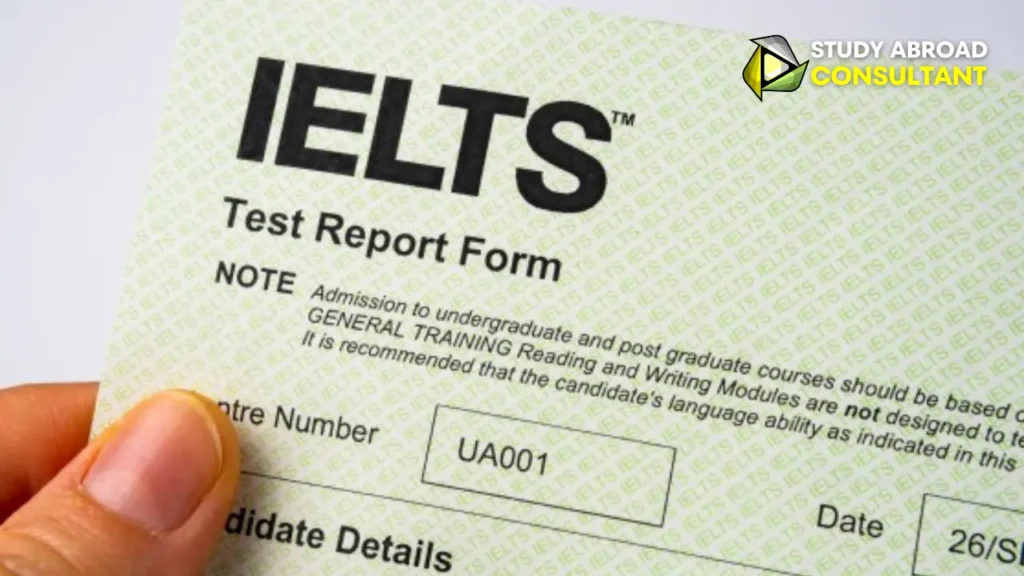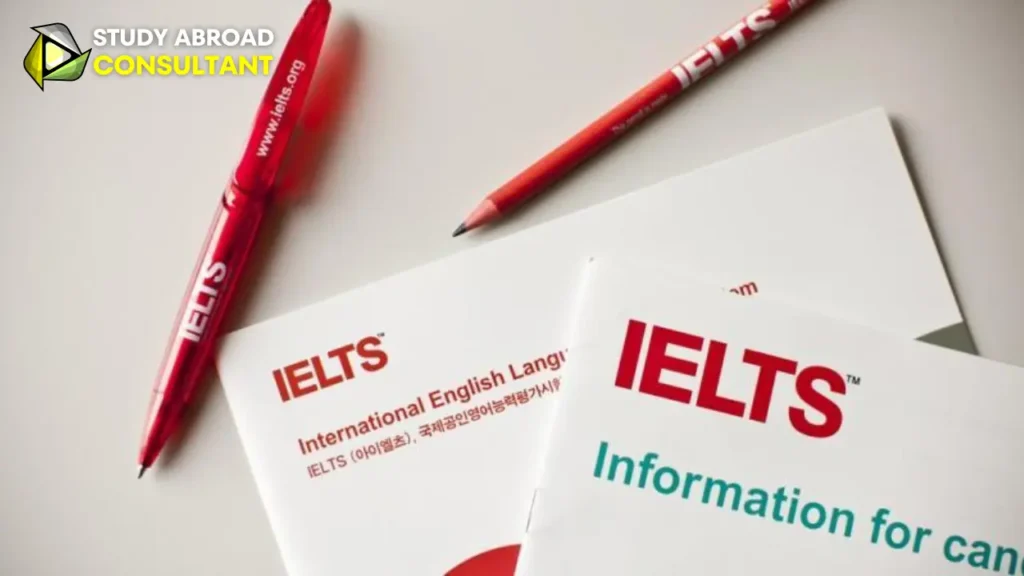Introduction to IELTS
The International English Language Testing System (IELTS) is a standardized test designed to assess the English language proficiency of non-native English speakers. Recognized globally by educational institutions, employers, immigration authorities, and professional bodies, IELTS is a crucial step for individuals aiming to study, work, or migrate to English-speaking countries. This comprehensive guide provides an in-depth look at the IELTS exam, its structure, preparation strategies, and tips for achieving a high score.
Understanding the IELTS Exam Structure
IELTS is available in two versions: Academic and General Training. The Academic version is intended for those who wish to pursue higher education or professional registration, while the General Training version is suitable for those planning to migrate to English-speaking countries or undertake work experience or training programs. Both versions assess four key language skills: Listening, Reading, Writing, and Speaking.
1. Listening
The Listening section consists of four recorded monologues and conversations. Candidates listen to the recordings and answer a series of questions that test their ability to understand main ideas, specific information, and the opinions and attitudes of speakers. This section lasts approximately 30 minutes, with an additional 10 minutes to transfer answers to the answer sheet.
Key Points:
- Four sections, each with 10 questions
- Variety of question types, including multiple choice, matching, and note completion
- Recordings feature different accents, such as British, Australian, and American
2. Reading
The Reading section includes three texts, with a total of 40 questions. The texts are taken from books, journals, magazines, and newspapers, and are designed to test a range of reading skills, such as skimming, scanning, and understanding detailed argumentation.
Key Points:
- Three sections, each with a different text
- Variety of question types, including multiple choice, true/false/not given, and sentence completion
- Academic version features more complex texts compared to the General Training version
3. Writing
The Writing section requires candidates to complete two tasks. In the Academic version, Task 1 involves describing visual information (e.g., charts, graphs, or diagrams), while Task 2 requires writing an essay in response to a point of view, argument, or problem. The General Training version includes a letter-writing task for Task 1 and an essay for Task 2.
Key Points:
- Task 1: 150 words, Task 2: 250 words
- Task 1 accounts for 33% of the score, Task 2 for 67%
- Assessed on task achievement, coherence and cohesion, lexical resource, and grammatical range and accuracy
4. Speaking
The Speaking section is a face-to-face interview with an examiner, lasting 11-14 minutes. It is divided into three parts: an introduction and interview, a long turn where the candidate speaks on a given topic, and a discussion based on the topic from Part 2.
Key Points:
- Part 1: Introduction and general questions (4-5 minutes)
- Part 2: Long turn (1-2 minutes) with 1 minute of preparation
- Part 3: Discussion (4-5 minutes) related to the Part 2 topic
- Assessed on fluency and coherence, lexical resource, grammatical range and accuracy, and pronunciation

Preparing for IELTS
Effective preparation is essential for achieving a high score on the IELTS exam. Here are some strategies and tips to help you succeed:
1. Familiarize Yourself with the Test Format
Understanding the test format is the first step in your preparation. Review the structure of each section, the types of questions you will encounter, and the timing for each part. Familiarity with the test format will help you manage your time effectively during the exam.
2. Develop a Study Plan
Create a study plan that outlines your preparation schedule leading up to the exam date. Allocate specific times for each section of the test and set realistic goals for your practice sessions. Consistency is key, so make sure to stick to your study plan.
3. Practice with Authentic Materials
Use official IELTS practice materials to get a feel for the types of questions you will face on the exam. Practice listening to recordings with different accents, reading complex texts, writing essays and letters, and speaking on a variety of topics. Regular practice with authentic materials will help you build confidence and improve your skills.
4. Enhance Your English Skills
Focus on improving your overall English proficiency. Read a wide range of texts, listen to English podcasts and news programs, engage in conversations with native speakers, and write regularly. Developing your language skills will not only help you on the IELTS exam but also in real-life situations.
5. Take Practice Tests
Taking full-length practice tests under timed conditions is crucial for understanding the exam’s pressure and improving your time management skills. Analyze your performance after each test to identify areas that need improvement and adjust your study plan accordingly.
6. Seek Feedback and Guidance
Consider enrolling in an IELTS preparation course or working with a tutor who can provide personalized feedback on your performance. Constructive feedback will help you identify your strengths and weaknesses and guide your preparation effectively.

Tips for Each Section of the IELTS Exam
1. Listening Section Tips
- Read the instructions carefully: Make sure you understand what each question requires before the recording starts.
- Use the time wisely: Use the time given to read the questions before each section to anticipate what you will hear.
- Focus on keywords: Listen for keywords and phrases in the recordings that match the questions.
- Stay attentive: Concentrate throughout the recordings, as the information is only played once.
2. Reading Section Tips
- Skim and scan: Quickly skim the texts to get a general idea and scan for specific information related to the questions.
- Understand question types: Familiarize yourself with different question types and practice answering them.
- Manage your time: Allocate time to each passage and stick to it. Do not spend too much time on any single question.
- Highlight and annotate: Use highlighting and annotation techniques to mark important information and details in the texts.
3. Writing Section Tips
- Analyze the task: Understand what each task requires and plan your response before you start writing.
- Organize your writing: Structure your essays and letters logically with clear paragraphs and cohesive arguments.
- Use a range of vocabulary and grammar: Demonstrate your lexical and grammatical range by using varied and appropriate language.
- Proofread your work: Allocate time to review and correct any errors in your writing before submitting.
4. Speaking Section Tips
- Practice speaking regularly: Engage in conversations on various topics to build your fluency and confidence.
- Use natural language: Speak naturally and avoid memorized responses. Show your ability to use English spontaneously.
- Expand your answers: Provide detailed responses and examples to demonstrate your speaking skills.
- Stay calm and focused: Maintain a calm demeanor and stay focused during the interview to perform your best.

Conclusion
The IELTS exam is a crucial step for Pakistani students and professionals aiming to study, work, or migrate to English-speaking countries. By understanding the exam structure, preparing effectively, and employing the right strategies, you can achieve a high score and unlock new opportunities. Remember, consistent practice and a positive mindset are key to your success on the IELTS exam.
Also Read : Accommodation Services for Pakistani Students to Study Abroad
FAQs about IELTS
1. What is IELTS?
The International English Language Testing System (IELTS) is a standardized test designed to assess the English language proficiency of non-native English speakers. It is recognized globally by educational institutions, employers, immigration authorities, and professional bodies.
2. What are the different versions of IELTS?
There are two versions of IELTS:
- Academic: Intended for those who wish to pursue higher education or professional registration.
- General Training: Suitable for those planning to migrate to English-speaking countries or undertake work experience or training programs.
3. What skills are tested in the IELTS exam?
IELTS assesses four key language skills:
- Listening
- Reading
- Writing
- Speaking
4. How long is the IELTS test?
The IELTS test lasts approximately 2 hours and 45 minutes:
- Listening: 30 minutes
- Reading: 60 minutes
- Writing: 60 minutes
- Speaking: 11-14 minutes
5. How is the IELTS Listening section structured?
The Listening section consists of four recorded monologues and conversations, with 40 questions in total. It lasts for 30 minutes, with an additional 10 minutes to transfer answers to the answer sheet.
6. What types of texts are included in the IELTS Reading section?
The Reading section includes three texts taken from books, journals, magazines, and newspapers. The Academic version features more complex texts compared to the General Training version.
7. What tasks are required in the IELTS Writing section?
The Writing section includes two tasks:
- Task 1: Describing visual information (Academic) or writing a letter (General Training)
- Task 2: Writing an essay in response to a point of view, argument, or problem
8. What does the IELTS Speaking section involve?
The Speaking section is a face-to-face interview divided into three parts:
- Part 1: Introduction and general questions (4-5 minutes)
- Part 2: Long turn (1-2 minutes) with 1 minute of preparation
- Part 3: Discussion (4-5 minutes) related to the Part 2 topic
9. How is IELTS scored?
IELTS is scored on a 9-band scale, with each section (Listening, Reading, Writing, and Speaking) receiving a band score. The overall band score is an average of the four section scores.
10. How can I prepare for the IELTS exam?
Effective preparation strategies include:
- Familiarizing yourself with the test format
- Developing a study plan
- Practicing with authentic materials
- Enhancing your English skills
- Taking practice tests
- Seeking feedback and guidance
11. Where can I find official IELTS practice materials?
Official IELTS practice materials are available on the IELTS website, and through official test centers and preparation books. Additionally, many online resources and courses offer practice tests and study guides.
12. How often can I take the IELTS test?
There is no limit to the number of times you can take the IELTS test. However, it is recommended to prepare thoroughly before retaking the test to improve your score.
13. How do I register for the IELTS test?
You can register for the IELTS test through the official IELTS website or at authorized test centers. Ensure you register well in advance, as test dates may fill up quickly.
14. What identification do I need on the test day?
You must bring the same identification document (passport or national ID) that you used during the registration process. Ensure it is valid and has your photograph.
15. How long are IELTS scores valid?
IELTS scores are valid for two years from the test date. After this period, you may need to retake the test if required by institutions or authorities.
16. Can I request a re-mark of my IELTS test?
Yes, if you are not satisfied with your results, you can request an Enquiry on Results (EOR) within six weeks of the test date. There is a fee for this service, which is refunded if your score changes.
17. How soon can I get my IELTS results?
IELTS results are typically available online 13 days after the test date. You will also receive a Test Report Form (TRF) by mail or can collect it from the test center.
18. Can I send my IELTS scores to multiple institutions?
Yes, you can request up to five additional copies of your TRF to be sent to institutions, free of charge, within one month of the test date. After that, there may be a fee for additional copies.
19. What is the difference between computer-delivered and paper-based IELTS?
The content and scoring of the test are the same for both versions. The main difference is the format:
- Computer-Delivered: You take the test using a computer.
- Paper-Based: You take the test using paper and pencil.
20. How can I improve my English proficiency for IELTS?
To improve your English proficiency:
- Read a variety of texts regularly.
- Listen to English podcasts, news programs, and watch English TV shows and movies.
- Practice speaking with native speakers or language exchange partners.
- Write essays, reports, and letters in English.
- Take English language courses or work with a tutor.



